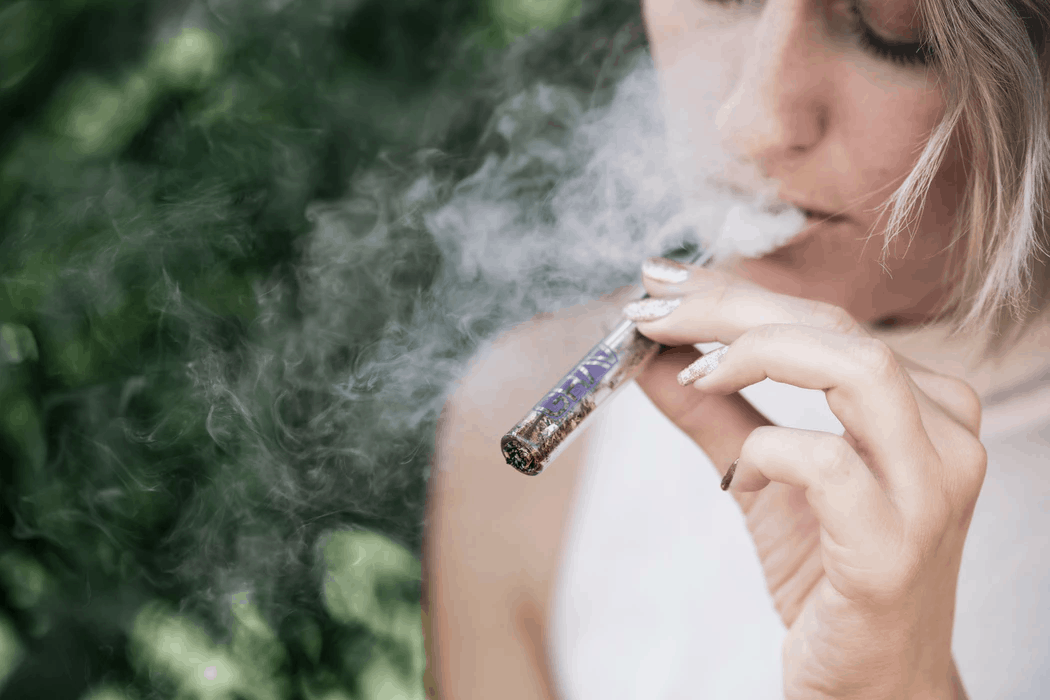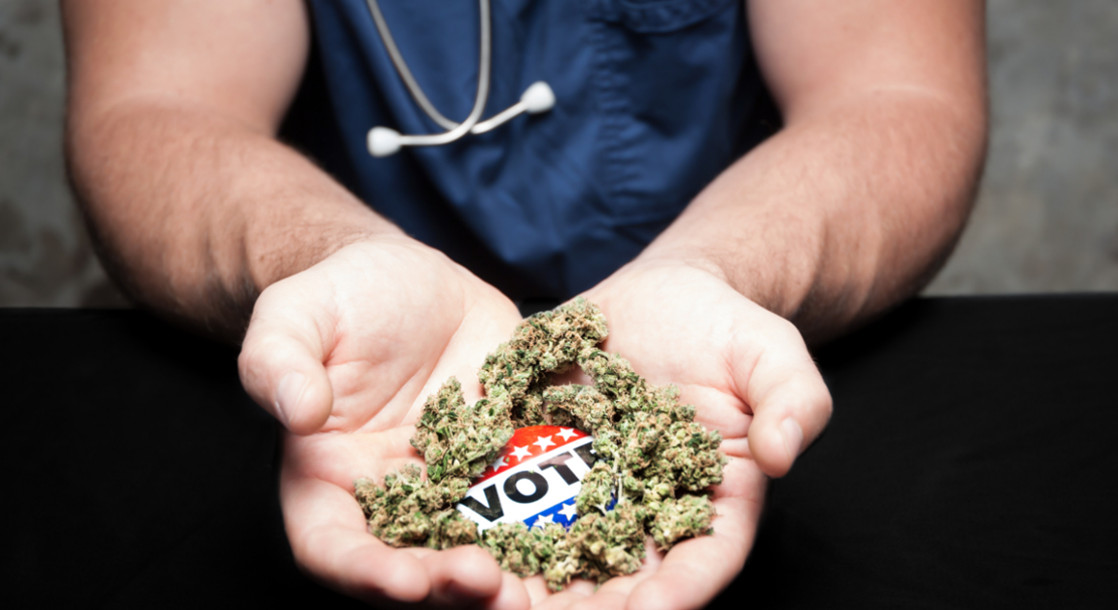Image via
A new research study is warning that THC-O acetate could potentially cause serious lung damage when vaped.
THC-O is one of many new psychoactive cannabinoids that have appeared on the market over the past year. This popular new product, synthesized from federally-legal hemp, is reportedly two to three times stronger than delta-9 THC, the psychoactive cannabinoid found in natural marijuana plants. Dozens of hemp companies sell legal THC-O vape carts and tinctures, but these products are completely unregulated and have never really been tested for safety in humans.
A new study recently published in the Journal of Medical Toxicology is now raising concerns over the safety of these products. According to the study, THC-O acetate shares strong structural similarities with Vitamin E acetate, an additive that has been linked to the recent outbreak of vaping-induced lung illness (EVALI) that sickened thousands of people and killed dozens more.
The study authors explain that when heated, THC-O acetate and Vitamin E acetate produce a “highly potent lung toxicant” known as ketene. Researchers believe that this toxin is largely responsible for the lung damage seen in EVALI patients, and the present study suggests that vaping THC-O could cause similar damage. However, researchers have yet to conduct a clinical study confirming these risks.
The market for psychoactive hemp THC products kicked off thanks to a loophole in the 2018 Farm Bill. This progressive law legalized all hemp derivatives containing less than 0.3% delta-9 THC content, but researchers soon found a way to synthesize new psychoactive cannabinoids from legal hemp chemically. Delta-8 THC was the first of these isomers to break through into the market, hemp companies have continued developing new cannabinoids, including THC-O, HHC, and THC-P.
In many conservative states, cops have started raiding stores that carry delta-8 and other popular hemp products. But in an unusual twist, the federal government has confirmed that these products remain perfectly legal. Last May, a US Appeals Court ruled that the Farm Bill only specifically sets a cap on delta-9 THC content, not any other form of THC. Hence, all other hemp-derived THC isomers are fully legal under federal law.
But although the feds have clarified that these hemp-derived products are technically legal, the FDA has failed to issue any guidance or regulations governing their sale. As a result, there are no safeguards in place to ensure that these products are what they claim to be, or even if they are safe for human consumption. Many independent studies have discovered heavy metals, impurities, and other contaminants in popular hemp cannabinoid products.
“These products are unregulated and untested, readily available on the internet and unlicensed sources, and pose significant threat to public health and safety,” said Dr. Michelle Peace, associate professor in the Department of Forensic Science at Virginia Commonwealth University and Director of the Laboratory of Forensic Toxicology Research, to NORML.
These potential risks have convinced many states to ban hemp-based forms of THC, but as usual, prohibition has failed to block access to these products. So far, only two states have prioritized public safety over prohibition. Louisiana announced it would begin developing regulations for delta-8 THC and related products in 2021. Minnesota passed a comprehensive law to legalize and regulate all hemp-based forms of THC, including delta-9, last year.











